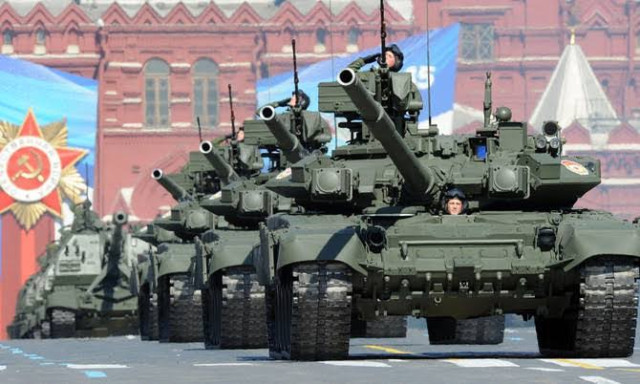Experts have estimated that the world’s militaries are responsible for 5.5% of global greenhouse gas emissions.
The implication of this is that if the world’s militaries were a country, they would have the fourth largest carbon footprint higher than that of Russia.
But militaries are excluded from current climate agreements, hence they face no accountability for their greenhouse gas emissions.
Military spending is at a record high of $2.44 trillion, and yet states are failing to deliver on climate finance commitments.
With states set to agree on a New Collective Quantified Goal (NCQG) at COP29, public spending on militarism must be addressed for a just climate transition.
The intersections between militarism and climate crisis have impacts on communities on the frontlines.
The world is facing the highest number of violent conflicts since WWII, devastating communities while large-scale armed conflicts drive global emissions higher with no route for accountability for those impacted.
Peace and climate justice are intrinsically linked, and an upcoming webinar will outline what a COP of peace must mean for those on the frontlines of both armed conflicts and the climate crisis.
Holding on Thursday, September 26, 2024, the webinar on divesting from war and investing in climate justice, 'COP29: The COP of Peace – Addressing Militarism for Climate Justice', is part of the first annual Global Week of Action for Peace and Climate Justice (September 21 to 28, 2024).
It will feature speakers from monitoring groups, creative campaigning groups and from communities impacted by both militarism and the climate crisis.
Indeed, Azerbaijan, host of the 2024 climate summit, has declared that COP29 will be a “COP of peace” and has called on states to “transcend political challenges” and commit to a truce during the month of COP29.
Besides determining what really is a “COP of peace” and how can it be achieved, the webinar looks at the intersections of peace, demilitarisation and climate justice and explores how and why COP must address the issue of militarism.




















